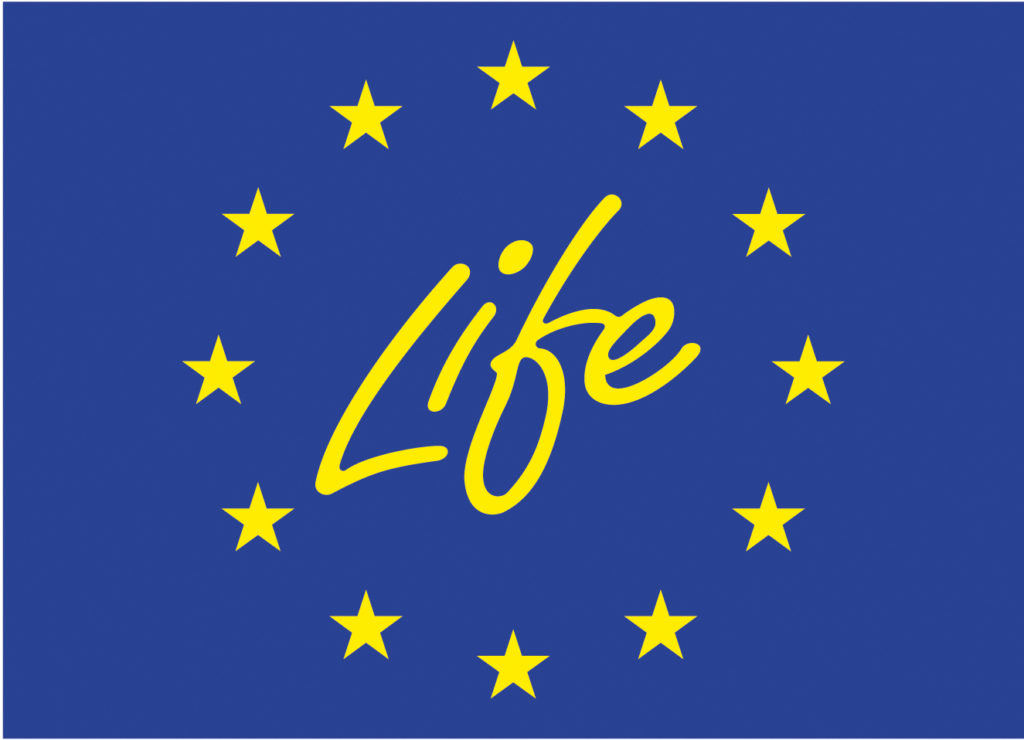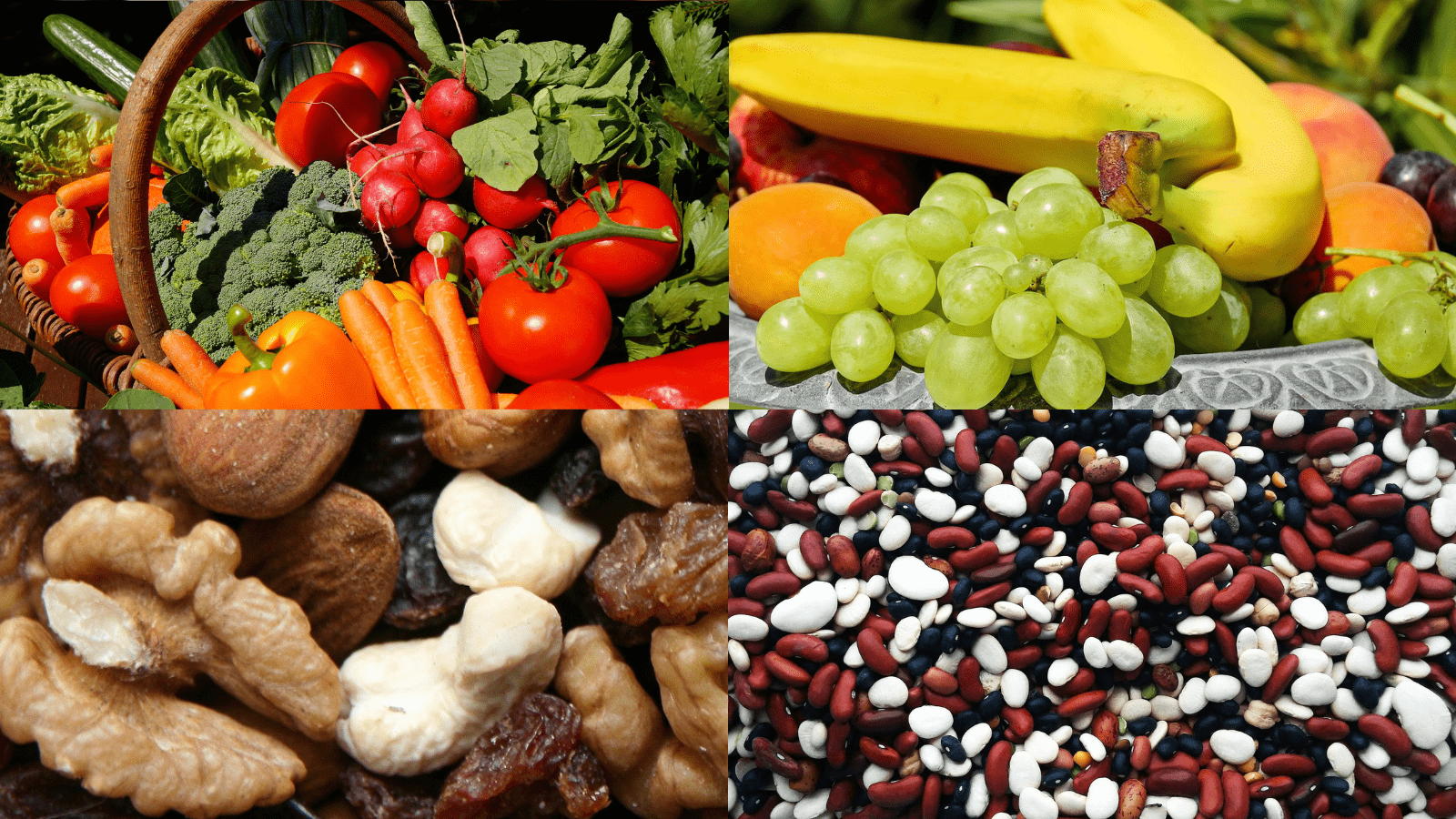
On the occasion of the Sustainable Gastronomy Day on 18 June, we take a look at planetary diet and offer tools and tips for learning about this topic.
What would you say is the healthiest diet for people and the planet? The dominant diet, the Western Pattern Diet (WPD) -poor in vegetables and rich in animal protein, ultra-processed food, sugar and salt- together with sedentarism and an unsustainable agricultural system are causing dramatic damage to the planet and are the cause of 11 million human deaths yearly, according to a study published in The Lancet, by 37 experts from 16 countries.
These scientists aimed to answer the question ‘Can we feed 10 billion people with a sustainable diet within the planetary boundaries?‘ The answer was an emphatic yes. This is possible only if everybody adopts the so-called planetary diet: reducing animal protein intake by half and doubling vegetable, pulses and nuts consumption.
According to this scientific commission’s proposal, adopting the planetary diet at a general scale would reduce deaths due to malnutrition and non-communicable diseases, which are related to overweight, obesity and the lack of physical activity, and include chronic health problems such as diabetes, cardiovascular disease and some types of cancer.
Moreover, according to FAO, the food system is responsible for 1/3 of the emissions of greenhouse gases (GHG). If everybody followed the planetary diet put forth by the scientific commission, there would be a reduction in GHG emissions.
The planetary diet is similar to what is popularly known as a flexitarian diet, which is mainly based on foods of plant origin (vegetables, fruit, whole cereals, pulses and nuts) but can occasionally include a modicum of fish and meat (preferably white meat) and dairies. According to the study, we should also reduce the consumption of starchy vegetables (especially potatoes and other tubercules, and corn).
The notion that we can contribute to fighting climate crisis through our diet is ever more extended and some authors as the dietitian nutritionist and populariser Aitor Sánchez emphasise the idea. Sánchez has written four books on sustainable healthy eating, the last one being Your diet can save the planet.
> Watch the talk Aitor Sánchez gave at Fundesplai about these topics.
The planetary diet was also exemplified graphically by the EAT-Lancet Commission Food Anthropocene.
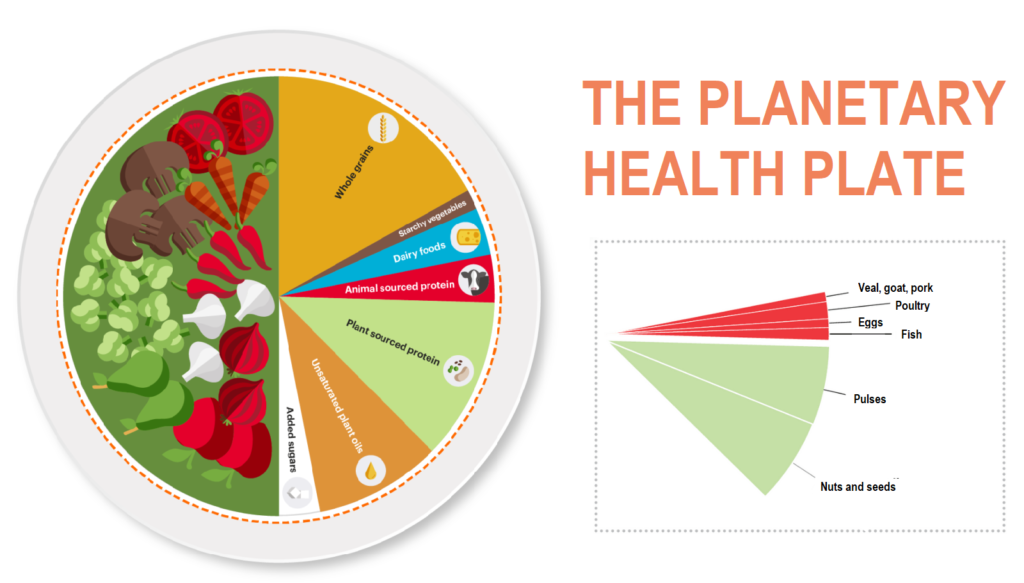
> Check the report Healthy diets from sustainable food systems by the EAT-Lancet Commission.
WHAT FOODS SHOULD WE REDUCE?
- UNHEALTHY FOODS: reduce the consumption of food clearly linked to higher risks of having diseases and to a higher environmental impact: less salt, sugar, red meat, processed meat and ultra-processed foods.
- ANIMAL PROTEIN: reducing meat and other kinds of animal protein allows for improving people’s health, fighting climate emergency, preventing deforestation, contributing to animal welfare, etc. Learn more about this topic in “7 raons per a reduir el consum de carn” (in Catalan).
WHAT FOODS SHOULD WE PROMOTE?
The Public Health Agency of Catalonia provides recommendations very similar to those in the planetary diet:
- MORE FRUITS AND VEGETABLES: We need to increase the intake of those foods we consume less than recommended: more fruit and vegetables, pulses and nuts. And combine them with an active life.
- LOCAL SEASONAL AND WHOLE: When facing similar alternatives, we should prioritise the healthiest; when possible choose whole, local and seasonal food.
- EXTRA VIRGIN OLIVE OIL (EVOO), AND WATER FOR DRINKING: when possible, always choose EVOO and drink water (reducing or eliminating the consumption of sugared or alcoholic beverages).
Let us review the mean consumption of these foods recommended by the Public Health Agency:
FRUIT
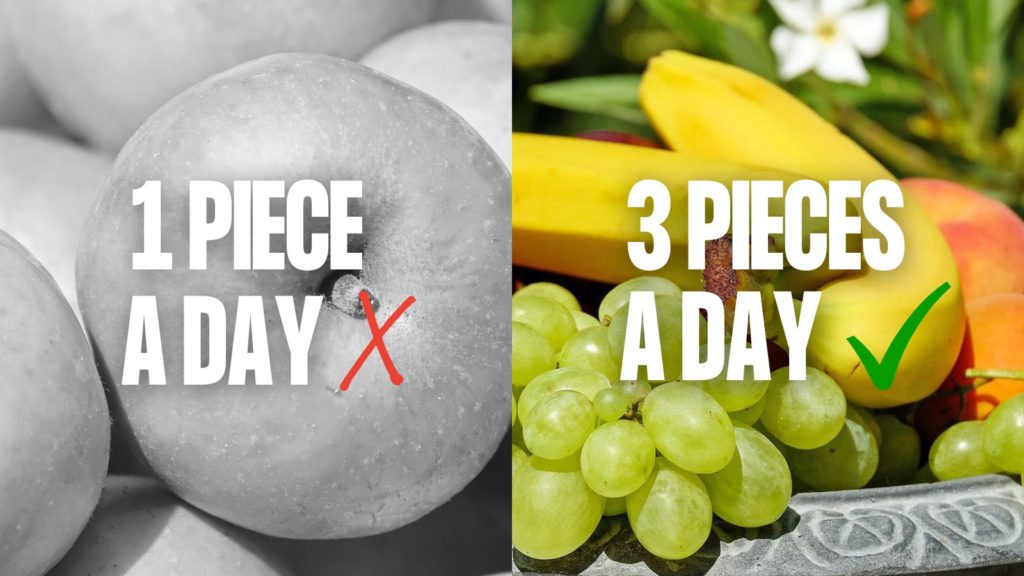
The recommended intake of fruit is a minimum of three pieces a day. Read our article 7 myths about fruit and vegetables to leave behind some false beliefs about fruit consumption.
VEGETABLES
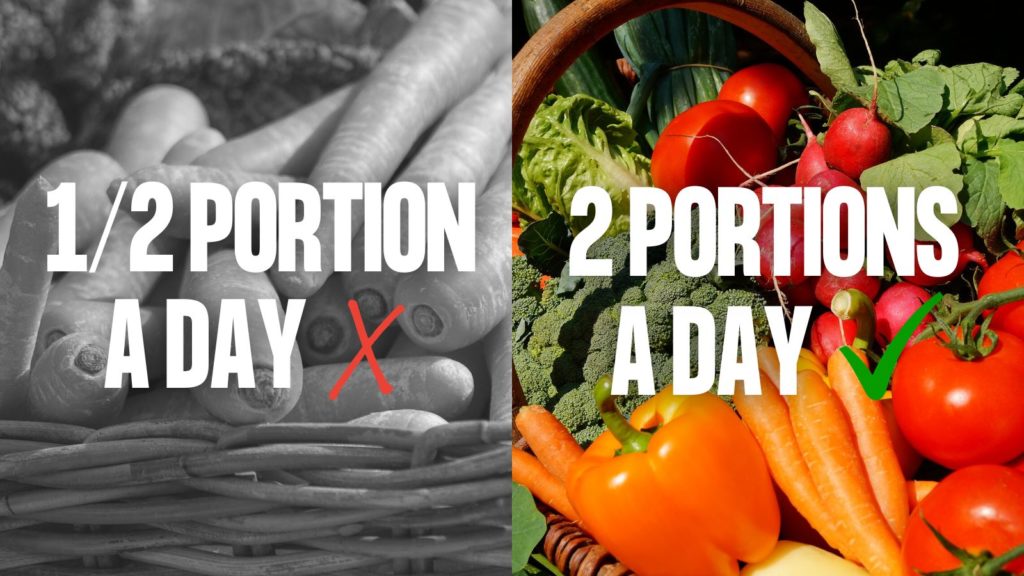
As for vegetables, the recommendation is to eat at least two portions a day. Presently, the mean consumption of vegetables is about 1/2 a portion a day, much less than recommended.
PULSES
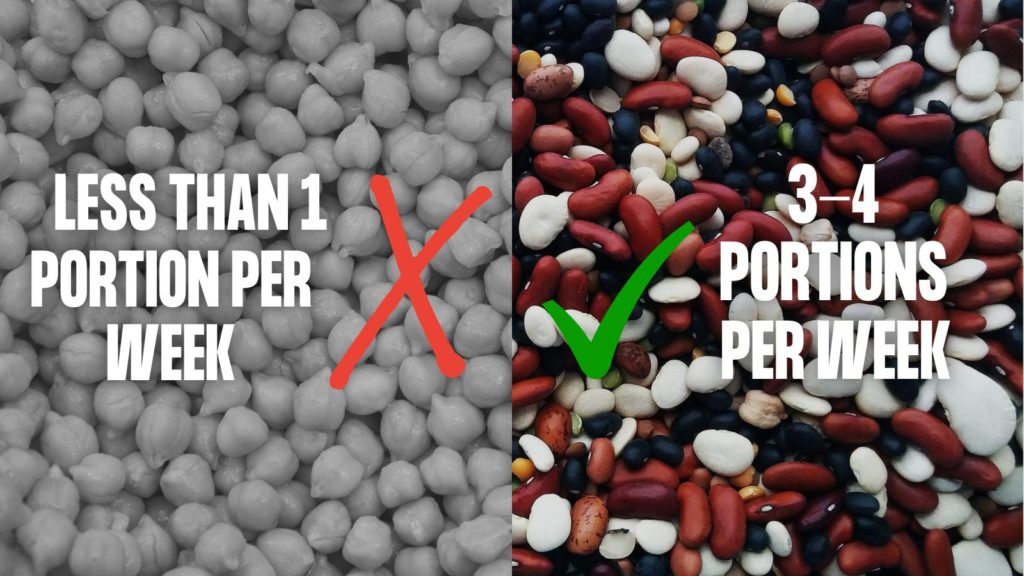
Pulses are very beneficial for people’s and planetary health.
As explained in the Health Channel of the Generalitat de Catalunya, legumes have a high fibre content, which provides a feeling of satiety and facilitates gut transit. In addition, regular consumption of pulses lowers cholesterol, triglycerides, some types of cancer and promotes cardiovascular health.
As for their nutritional value, pulses contain beneficial nutrients such as fibre, vitamins, minerals, antioxidants, proteins and carbohydrates.
As for their sustainability, pulses offer a handful of environmental benefits: they enhance agro-biodiversity and landscape diversity; improve soil fertility and agricultural lands productivity; their production generates few emissions of GHG compared to other protein rich foods and they need much less water to produce 1 kg of pulses than 1 kg of animal protein. In fact, according to the FAO, it takes 13,000 litres of water to produce 1 kg of veal, while only 1,250 litres are needed to produce 1 kg of lentils.
> Read the article “10 local varieties of in Catalonia” and fill yourself with reasons to eat more pulses!
> We also invite you to read the article “7 reasons to reduce meat consumption” (in Catalan).
NUTS
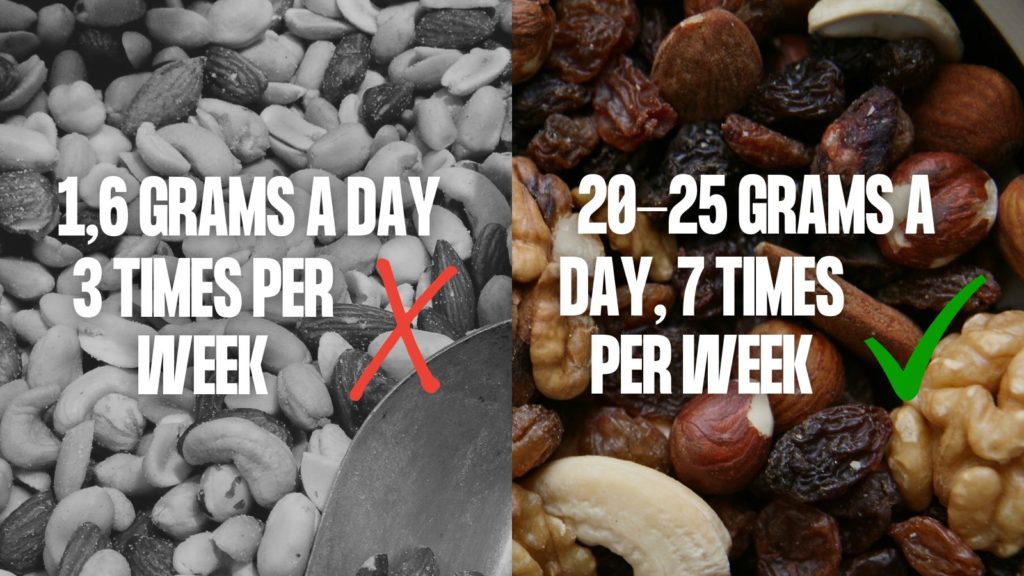
Several studies, such as the one conducted at Harvard in 2013, corroborate that high consumption of nuts is associated with lower mortality and a lower risk of suffering from some cancers, respiratory diseases, cardiovascular diseases and diabetes.
Moreover, in the case of Catalonia, we are fortunate to live in an area where we can enjoy local, high-quality nuts. Let us make the most of the almonds, hazelnuts, walnuts and pine nuts of our land!
> Read the article “10 delicious recipes with nuts” for other health benefits, tips and finger-licking recipes!
We hope you have found these resources useful in your approach to the planetary health diet. Come to the Menja, Actua, Impacta [Eat, Act, Impact] exhibition and discover many more tips, tricks and resources to move your diet towards a planetary diet!

